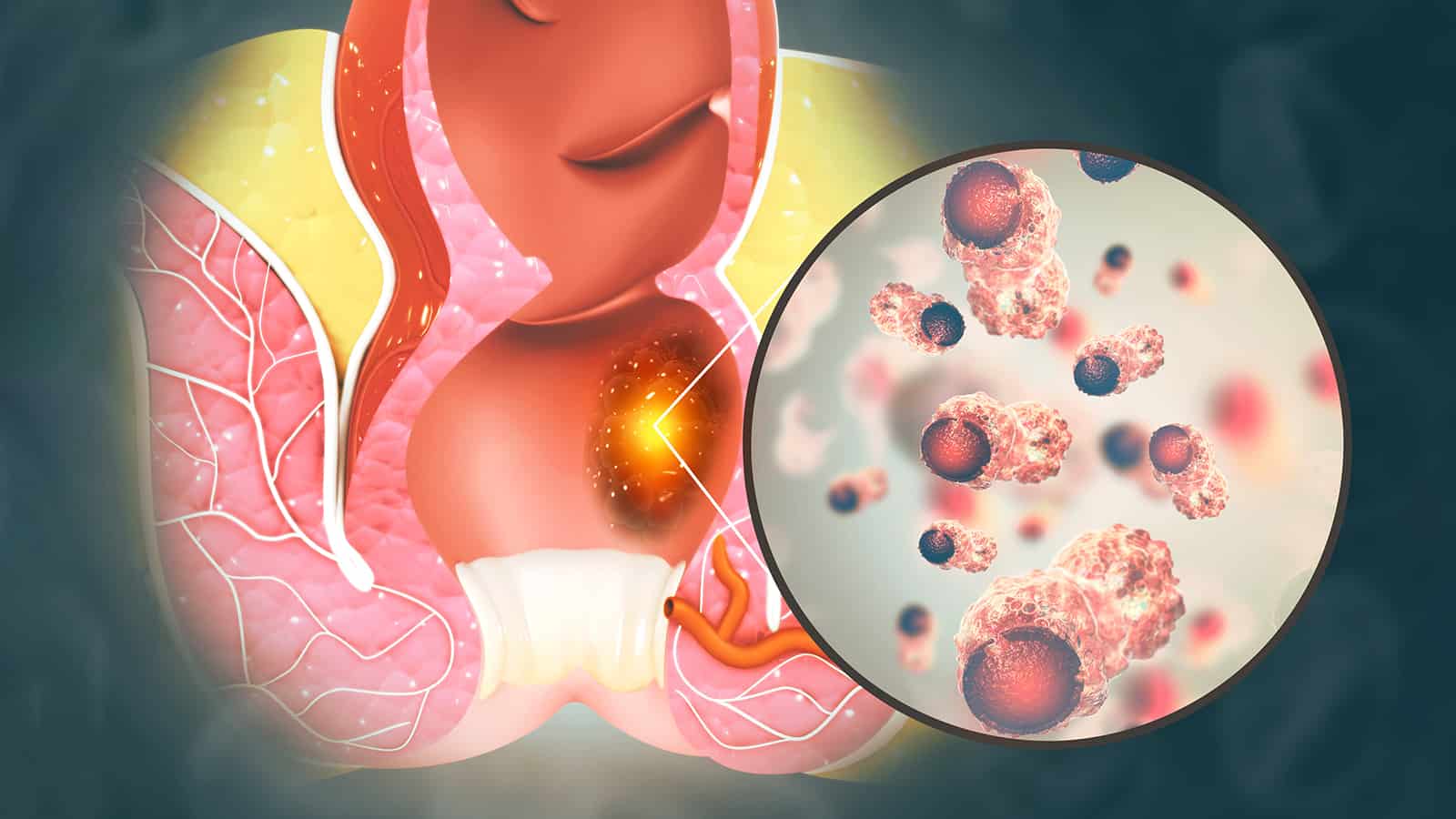While anal cancer is relatively rare, new cases are on the rise. According to the American Cancer Society, cancer of the anus occurs almost twice as often in women as men. In 2022 so far, there have been about 9,440 new cases (3,150 in men and 6,290 in women). Anal cancer typically doesn’t appear in people younger than 35, occurring most often between 55 and 65.
The American Cancer Society states that cases of anal cancer are highest in white women and black men. However, the risk of being diagnosed with this type of cancer is about 1 in 500, making it extremely rare. While deaths from anal cancer are rising, treatments are still quite effective, especially if the cancer is detected early.
What is Anal Cancer?
Anal cancer begins in the cells lining the anal canal, but it can spread to other organs and lymph nodes. Doctors categorize these tumors into two groups depending on where they start: cancers of the anal canal or cancers of the perianal skin. The perianal skin is the skin surrounding the anus outside the body.
Nearly 90% of anal cancer cases in the US are squamous cell cancer. These tumors begin in the squamous (flat) cells lining the majority of the anal canal and perianal skin. Most anal cancers start in cells in the mucosa or the inner lining of the anal canal. Glands in this region produce mucus to help stool move quickly out of the body.
Rare types of anal cancers include adenocarcinomas, basal cell carcinomas, and melanoma. Adenocarcinomas usually begin in cells lining the upper portion of the anus near the rectum and occur in the glands underneath the anal mucosa. Additionally, they can appear in sweat glands in the perianal skin.
Basal cell carcinomas are extremely rare and usually occur in areas of skin frequently exposed to the sun, such as the face and hands. If this cancer appears in the anus, doctors will usually surgically remove it.
Another type of skin cancer called melanoma can rarely appear in the anal canal. If doctors discover them early, they can remove the tumor with surgery. Early detection and treatment increase long-term survival chances. However, since melanoma isn’t easy to spot, most go unnoticed until later.
Now that you know about the various types of anal cancer, we’ll go over the signs and symptoms to watch out for.
Eight Signs of Anal Cancer to Never Ignore
According to the American Cancer Society, anal cancer doesn’t always present with symptoms. Sometimes, it may go undetected for months until your next doctor visit. However, bleeding typically occurs in the early stages of anal cancer. Most people attribute the bleeding to hemorrhoids (painful, enlarged veins in the anus and rectum that can bleed), but this isn’t always the case.
Symptoms and signs of anal cancer can include:
- Rectal bleeding
- Itching in or near the rectum
- A lump or mass near the anus
- Pressure or pain in the anus or rectum
- Narrowing of stool or other abnormalities in bowel movements
- Unusual discharge from the anus, such as mucus or blood
- Loss of bowel control
- Swollen lymph nodes in the anal canal or groin
In women, other symptoms can include pain in the lower back, vaginal dryness, or increased urgency to use the bathroom.
These symptoms usually point to a benign (non-cancerous) condition, such as anal warts, anal fissures, or hemorrhoids. However, if you experience any of these symptoms, it’s essential to inform your doctor just in case.
Risk Factors for Developing These Tumors
Several risk factors, including lifestyle habits and family history, can increase anal cancer risk. However, having these risk factors doesn’t mean developing cancer. Some people with the following risk factors will never get these tumors, while others may develop them with no apparent risk factors.
The most significant risk factors for this disease include:
- Human papillomavirus (HPV) infection. Infection with HPV is the most important, common risk factor that increases your risk level. Around 90% of people diagnosed with anal cancer have HPV. Over 150 subtypes of HPV exist, but the strains most likely to cause it are HPV-16 and HPV-18. HPV infections are common and usually go away on their own. However, a chronic infection, primarily if high-risk HPV subtypes cause it, can eventually result in anal cancer.
- Anal warts. High-risk HPV types can cause anal warts and increase the likelihood of developing anal cancers.
- Having certain other cancers. Women who have had cancer of the cervix, vagina, or vulva have an increased risk of developing anal cancer. This likelihood probably occurs since these cancers have similar risk factors, like an HPV infection.
- HIV infection. This disease occurs 40-80X more often in those who are HIV positive.
- Sexual behavior. In both men and women, having multiple sexual partners or having anal sex increases the risk of developing anal cancer.
- Smoking tobacco. Smokers also have a higher risk of getting anal cancer than those who do not smoke.
- Weakened immune system. People with immunosuppression are more vulnerable to various infections and diseases such as cancer.
- Gender and race/ethnicity. Anal cancers occur most often in white women and black men.
Final Thoughts on Signs of Anal Cancer
Anal cancer is not prevalent, occurring in only 0.2% of the population. Still, cases have been increasing in the last few decades, signaling the need for better awareness of anal cancer symptoms. In its early stages, the most common sign is bleeding. However, other symptoms can occur, such as pain or itching in and around the rectal cavity.
Luckily, treatments for anal cancer are effective and usually consist of surgery, radiation therapy, chemotherapy, or immunotherapy. Usually, the best approach involves two or more treatment options. Treatment depends on the type and severity of the disease.
The 5-year relative survival rate for this disease is 69%, so the chances of recovering are pretty high. If cancer remains localized to the anal cavity, the rate increases to 82%. If you notice any of the signs and symptoms listed above, make sure to tell your doctor to rule out anal cancer.
















 Community
Community

